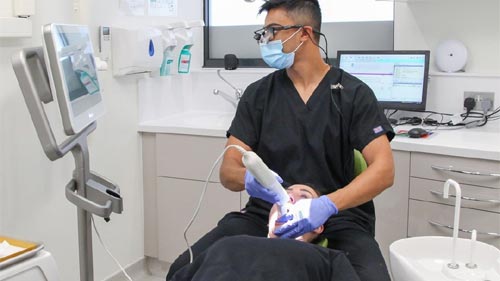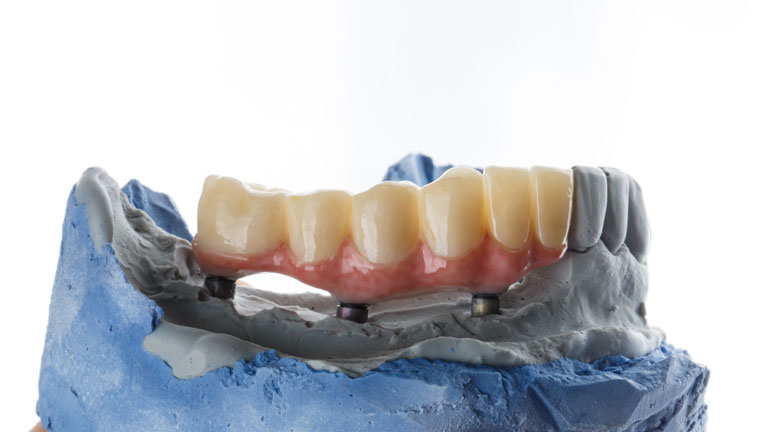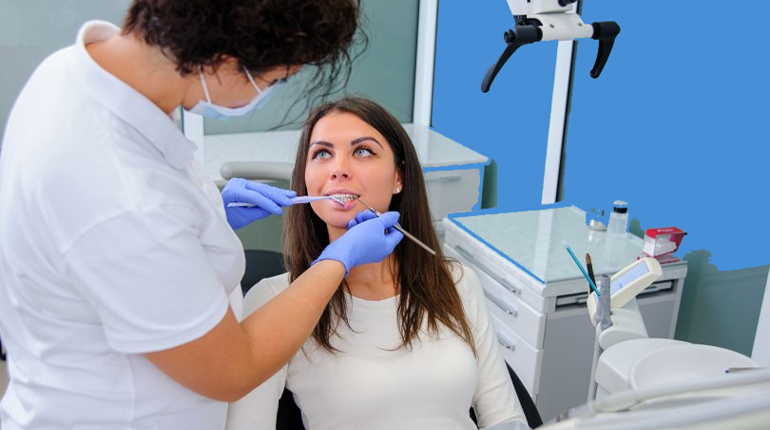
Oral health is a crucial part of your overall health and, therefore, needs to be taken seriously. Without a thorough oral hygiene routine that utilizes essential dental products, you have a much higher chance of developing an oral infection, such as tooth decay or gum disease.
To help ensure you are keeping your mouth clean and healthy, read on for everything you need to know about buying dental products for good oral health.
1. Choose the right toothbrush.
Your toothbrush is the most crucial element of your dental care arsenal, as a good toothbrush is a key to maintaining good oral health. However, as there are a wide variety of toothbrushes on the market, it can be challenging to know which is the right one to choose.
Generally, it is recommended that you purchase one with soft bristles as hard bristles are not as effective at removing plaque or stains. What’s more, stiff bristles can be detrimental to your teeth and gums.
The other important consideration to make is the size of your toothbrush as you want it to fit inside your mouth comfortably while only touching a couple of teeth at a time. For this reason, if you are purchasing a toothbrush for your young child, get them a smaller toothbrush befitting their age.
If you aren’t sure which toothbrush is right for your mouth, make sure to ask your dentist for recommendations.
Once you have found a toothbrush that works for you, remember to replace it every three months; otherwise, it isn’t going to be able to do its job effectively. However, if you notice that the bristles are worn or frayed sooner than that, you should purchase yourself a new one.
2. Select toothpaste based on your oral hygiene needs.
Similar to toothbrushes, it can be challenging to select the right toothpaste for you as there are a wide array of options on the market. Therefore, when looking at potential tubes of toothpaste, you want to ensure that you are choosing one that is specifically aligned with your oral hygiene needs.
For the most part, it is important to use toothpaste that contains fluoride as this mineral nourishes your teeth, strengthens the enamel, and prevents tooth decay. Additionally, you can find products that contain ingredients necessary to combat tooth sensitivity, bad breath, and tartar which may or may not apply to you.
Again, speaking with your dentist about your oral hygiene needs will help you determine which toothpaste will work best for you.
Many people also like to use whitening toothpaste that contains ingredients effective at polishing the teeth and removing stains from the tooth surface. If you opt to use a whitening toothpaste, make sure only to use it as often as the label says or according to what your dentist advises.
3. Consider flossing daily essential.
Unfortunately, too many individuals overlook the importance of flossing, even when they are consistent with cleaning their teeth. This is unfortunate because flossing is crucial to ensure good oral health.
When you floss, you are removing food particles that your toothbrush has missed, and that has become trapped between your teeth. By using dental floss, you are reducing the build-up of plaque which, in turn, lowers the chance of you developing tooth decay and gum disease.
It is recommended that you floss at least once a day, but ideally twice a day to ensure that no food particles remain in your teeth. When purchasing dental floss, you have a choice between waxed and unwaxed.
Generally, which one you select comes down to your preference. However, for those individuals who have a tighter space between their teeth (or wear braces), it is advised that you use waxed floss as this will glide more easily.
Alternatively, unwaxed floss tends to produce a squeaking sound when it is used against clean teeth, which makes it easier to determine when they are thoroughly clean.
4. Enjoy gargling mouthwash.
Along with flossing, mouthwash is another essential product that is often overlooked, yet is key to excellent oral hygiene. This liquid product rinses your teeth, gums, and mouth and kills harmful bacteria with its antiseptic ingredients.
Similar to toothpaste, you can find a mouthwash that is specifically formulated to tackle your specific dental problems, whether that is reducing plaque, fighting cavities, or managing bad breath.
As mouthwash contains fluoride, it also works to strengthen your enamel and remineralize your teeth which helps you to stop tooth decay. It also prevents plaque build-up, which means including it in your dental hygiene routine (along with regular brushing and flossing) is the most effective strategy for maintaining your teeth and avoiding cavities.
Keep in mind that using mouthwash is not a substitute for cleaning your teeth with a toothbrush and toothpaste and flossing. Instead, it should be used after these two steps once or twice a day. To ensure proper usage, make sure to follow the instructions on your mouthwash bottle.
5. Make your tongue scraper your best friend.
Tongue scrapers are another crucial tool to have in your oral hygiene kit as they can take your oral health to the next level. This small, slightly rounded tool removes extra particles from your tongue, which are often the underlying cause of bad breath.
By eliminating this buildup, you are helping to reduce the number of bacteria in your mouth, which aids you in avoiding dental decay.
Also, tongue scraping helps to improve your sense of taste and the appearance of your tongue. Without regular tongue scraping, your tongue may start to develop a white, coated appearance that results from the bacterial build-up.
To reap the full benefits of using a tongue scraper, make sure to use it after every meal. Bacteria develop on your tongue as you eat and drink, which is why you want to scrape soon after. However, at the very least, scrape your tongue after you brush your teeth to battle long-term bacterial build-up.
What do you think are the most important products for maintaining your oral health? Do you have any additional items to add to this list? What do you find the most challenging about looking after your teeth?
Let us know your thoughts in the comments below!




